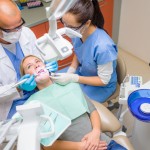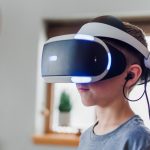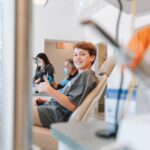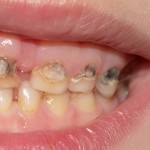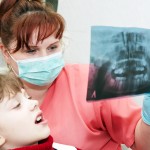
This review of the effectiveness of relaxing music, audio-visuals (AV), and virtual reality (VR) in reducing dental anxiety associated with tooth extraction included 11 RCTs. The findings suggest that music performed better than VR and AV . However the limited number of studies and variation in anxiety scales, musical and visual interventions used means that the findings should be interpreted cautiously.
[read the full story...]